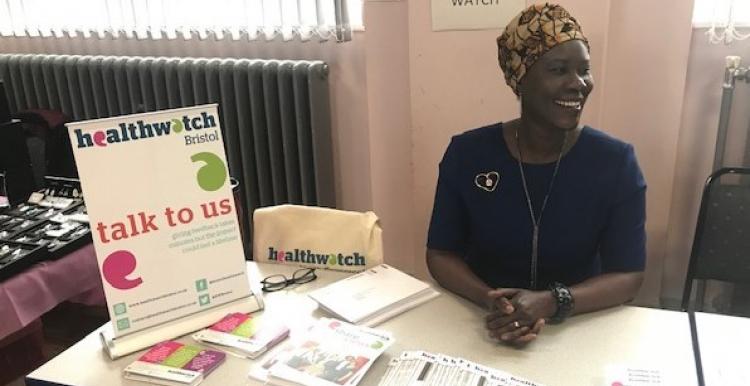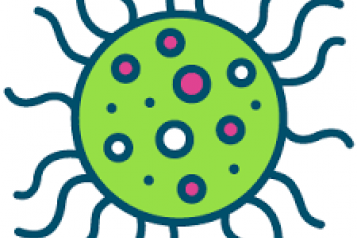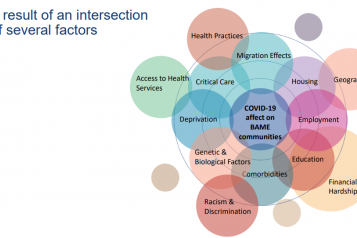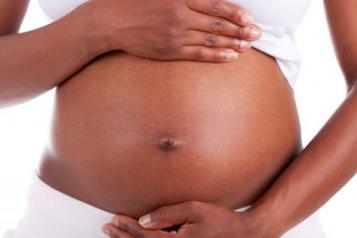COVID-19 - engaging Bristol's black communities

In a talk with the NHS Bristol, North Somerset, and South Gloucestershire CCG, Dr Oloya said that the COVID-19 pandemic has highlighted inequalities related to health, education, the digital divide, gender, and the economy.
She added: ‘black women in particular have been disproportionately affected by the pandemic’. A recent study showed that 55 per cent of pregnant women admitted to hospital with COVID-19 were from Black, Asian, and minority ethnic backgrounds.
The talk was organised with the CCG as part of Black History Month. Dr Oloya shared her experience of working in Somalia and Uganda. She also emphasised the importance of obtaining feedback from hard-to-reach groups.
‘The first step towards a local plan is understanding local needs’, Dr Oloya said. ‘People must have control – not just be passive recipients.’
Dr Oloya used the example of Send a Cow to illustrate how change can come from within communities. Send a Cow is a charity which works to help families across Africa escape poverty. Rather than offering aid, they work with communities to improve gender and social inclusion, help farmers understand their land, and teach business skills.
We want to hear how BAME communities have been affected by the COVID-19 pandemic. If you'd like to share your experiences, click here to leave your feedback.


